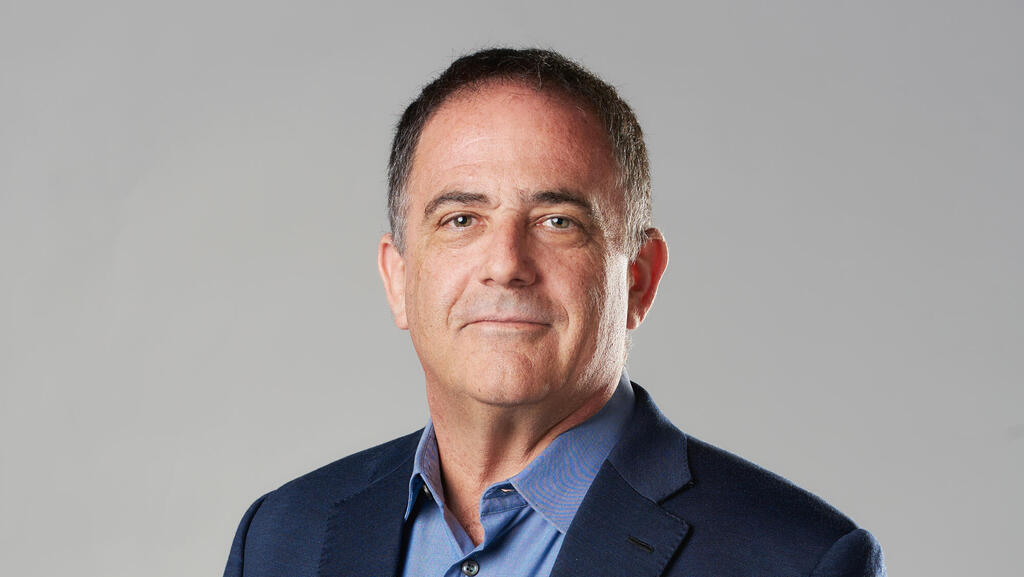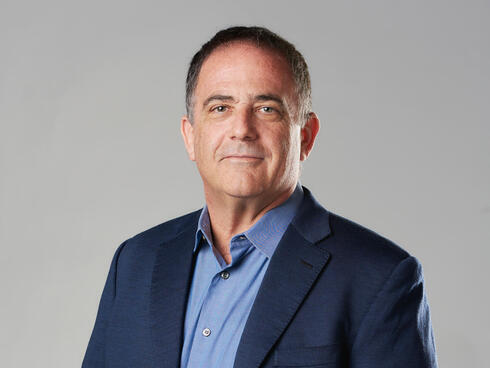
Shlomo Kramer: “The Palo Alto-CyberArk acquisition is the end of a successful run from PANW”
The Cato Networks CEO and co-founder of Check Point compares Palo Alto’s ambitions to IBM’s decline and warns AI will disrupt identity management.
Cybersecurity veteran Shlomo Kramer has come out against the blockbuster $25 billion Palo Alto-CyberArk deal. In a post published on LinkedIn, Kramer, a co-founder of Check Point, Imperva, and Cato Networks, wrote: “I believe the Palo Alto Networks-CyberArk acquisition is the end of a successful run from PANW.”
Why CyberArk sold at the peak: Inside the $25 billion deal with Palo Alto Networks
Palo Alto CEO on $25B CyberArk deal: “This is the lowest our stock will be for the next five years”
He continued: “Platformization? More like IBMization. With its acquisition of CyberArk, Palo Alto Networks is looking more like old Big Blue every day. No pureplay cybersecurity vendor has ever done multi-platform successfully. Even Microsoft is unable to consolidate, particularly in the network security market.”
Kramer also didn’t spare criticism of CyberArk itself: “Meanwhile, CyberArk is a human identity play, which is a cybersecurity category ripe for disruption. Non-human identity will overshadow human identity during the next decade with the rise of API and agentic AI threats.
“I believe the Palo Alto Networks-CyberArk acquisition is the end of a successful run from PANW and the beginning of the road to IBMization.”
Related articles:
Kramer currently leads Cato Networks, which recently raised funding at a nearly $5 billion valuation and specializes in managing secure access to large, data-driven enterprise systems. Previously, Kramer sold Imperva, a company he founded, for $2 billion to the U.S. private equity firm Thoma Bravo.
His remarks echo the sentiment expressed on Wednesday by Nadav Zafrir, CEO of Check Point and the former commander of Unit 8200, who, just hours before the CyberArk acquisition was announced, issued his own pointed critique of Palo Alto’s platform strategy: “It is unhealthy to have all your solutions from a single supplier. Having worked extensively in security, I don’t believe all the wisdom lies in one development approach or intelligence source, doing so increases vulnerability.”
